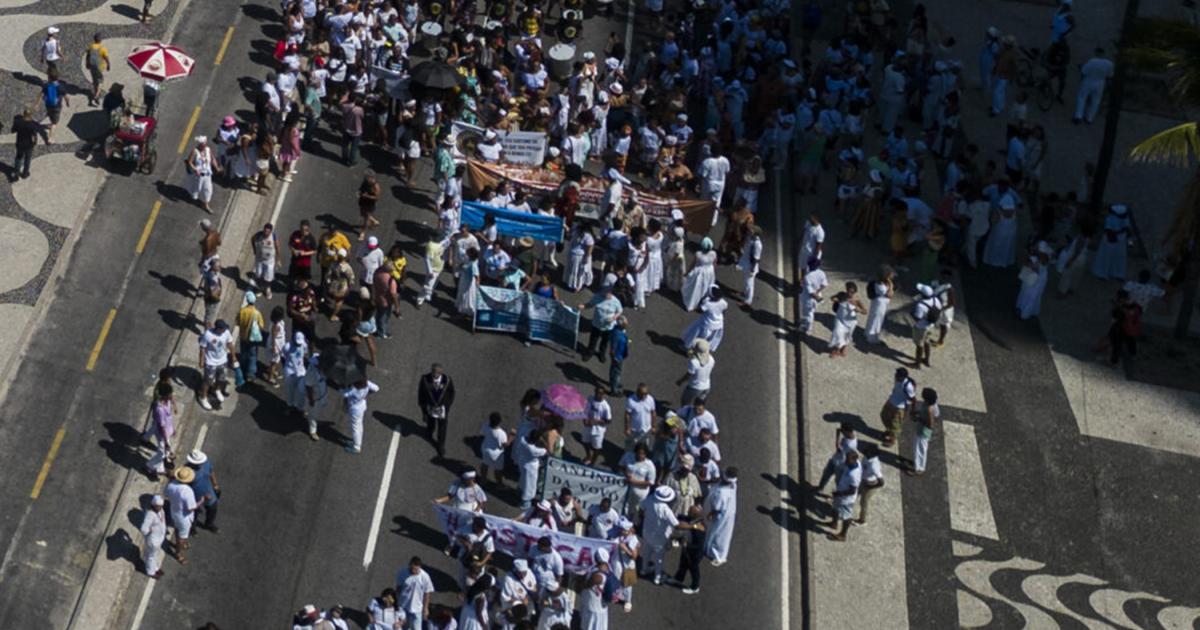
The Banner has a subscription to republish articles from Religion News Service. This story by Genevieve Charles was published Aug. 29, 2024 on religionnews.com. It has been edited for length, style, and relevance to Banner audiences.
According to a survey released at the end of August by the Pew Research Center, people around the globe favor leaders who stand up for their constituents with religious beliefs, even if the leader has no strong belief of their own.
This survey was conducted between January and May of this year and reflects the data from nationally representative surveys of more than 53,000 respondents in 35 countries.
Residents of Indonesia, Bangladesh, and the Philippines stood out as those who most desire national leaders who stand up for people with religious beliefs. Indonesia had the highest percentage of adults (90%) who say it is very/somewhat important. In that country the same percentage of respondents wanted their leader to have religious beliefs that are the same as their own. That was even more important for Bangladeshi respondents (91%). Both countries are majority Muslim.
Filipinos, Malaysians, Indians, and Sri Lankans also placed at the top of countries where respondents wanted their leader to have the same religious beliefs as their own.
Swedish adults were the least likely to say it’s vital to have a prime minister with strong religious beliefs, with just 6% sharing that view. Thirty-six percent of the respondents from Sweden said it was very or somewhat important to have a leader who stands up for people with religious beliefs.
In every country, the religiously unaffiliated were the least likely to say that leaders should stand up for people with religious beliefs. Though there is often an age gap when it comes to religiosity, younger and older adults largely agreed in Pew’s survey that their president or prime minister should stand up for religious citizens and have a faith of their own.
The exception, said Jonathan Evans, senior researcher at Pew Research Center, is Latin America, where adults younger than 39 “are consistently less likely to say that each of these traits is important.”
Evans said Pew found that the United States stood out among wealthier nations in the findings: 64% of U.S. respondents said it is important to have a leader who stands up for people with their religious beliefs, a larger percentage than other industrialized nations. Only 50% of respondents in Canada, 42% of respondents in Germany, and 25% of respondents in France agree.
Less than half of U.S. respondents believe that it is very or somewhat important for their leader to have strong religious beliefs (48%) or have religious beliefs that are the same as their own (37%). In Canada, 32% and 23% of respondents gave those same answers.
c. 2024 Religion News Service
